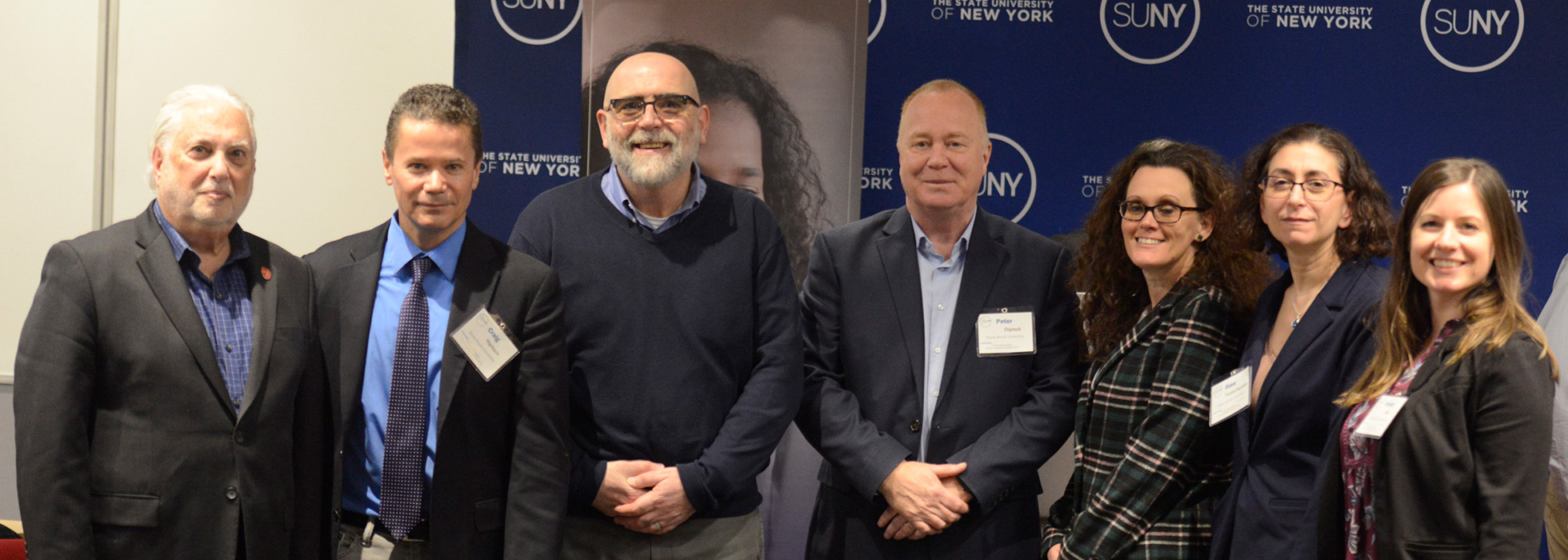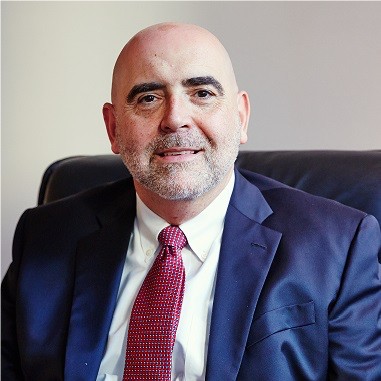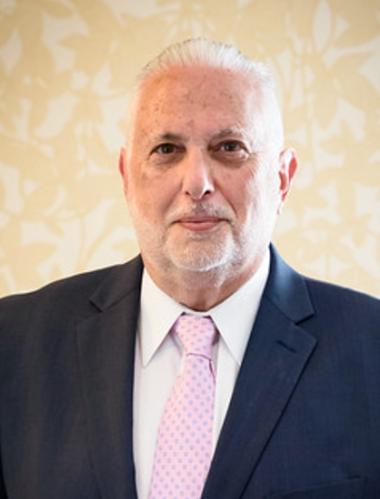
SPD Faculty Receive Teaching Honor
Kenneth Forman and Thomas McDonald chosen to represent Stony Brook University as 2024 SUNY Online Teaching Ambassadors
The State University of New York has recognized two Stony Brook University faculty members for online teaching excellence. In a ceremony at the SUNY Online Summit in New York City on February 29, Kenneth Forman and Thomas J. McDonald, faculty members in the School of Professional Development, were designated as 2024 SUNY Online Teaching Ambassadors.
According to the SUNY website, SUNY Online Teaching Ambassadors are selected for being “exemplary online educators, who are both enthusiastic and effective in online teaching, and honored for their positive contributions to the field of online teaching in SUNY.”
Forman and McDonald received a certificate of recognition and each has a profile page on the SUNY Online website. As Ambassadors, they will also have “numerous opportunities to share their enthusiasm for online teaching with the SUNY Online Teaching community” via community engagement activities.
Read more about Forman and McDonald below.
Kenneth Forman, PhD
Kenneth Forman, the associate director of the Educational Leadership (EDL) program, was nominated by Craig Markson, the program’s director.
In his nomination letter, Markson described Forman’s career as a K12 educator, published author, and “an early adopter and innovator in online instruction.” He wrote, “Dr. Forman constantly develops and refines authentic online instructional activities for simulating real-life and real-time problems that K-12 school leaders face daily.”
Markson also praised Forman for his dedication to his graduate students, adding, “(He) also continues to instruct his students – even after the semester ends and after they graduate from the program – as they encounter difficult situations in their new positions as school leaders. Dr. Forman’s cell number has become their 911 number,” wrote Markson.
Upon receiving the award, Forman said, “In looking at the delivery of coursework in the Educational Leadership Program, it has become apparent to me that graduate students prefer a learning environment other than the traditional classroom…My delivery of instruction crosses a variety of delivery platforms so that it integrates authentic learning activities within a virtual learning environment and traditional face-to-face learning.”

Thomas McDonald, JD, MEd
Thomas McDonald is an adjunct lecturer for SPD’s Higher Education Administration (HEA) graduate program and the assistant director of Human Resources, Employee and Labor Relations at the Research Foundation of the City University of New York. McDonald, who has a law degree, has been teaching online legal issues and crisis management courses in the program for the last decade. According to one of McDonald’s students, this “professional background and experience contributed greatly to my learning in this course.”
Peter Diplock, Stony Brook’s Vice Provost for Continuing, Professional, and Executive Education, nominated McDonald for the honor. In his nomination, Diplock shared feedback from McDonald’s student evaluations, which praised McDonald for his responsiveness, his use of practical examples to illustrate course concepts, and his dedication to student success.
The excerpted quotes include, "I really appreciated being able to study real-world examples of the subject matter. This helped put the concepts into perspective and helped me think about ways in which I could use the concepts to improve things at my own institution." Another wrote, “His encouragement and feedback were very motivating. (He) also always gives expectations on when you'll receive your grade on bigger papers and he's honestly the best professor I've had at Stony Brook.” And, finally, "This is the best course I've taken throughout my program."
Reflecting on his online teaching, McDonald said, “Since my online courses are asynchronous, the creation of a cohesive class where the students interact with me and each other is essential.”
He added, “My goal as an educator is to ensure students learn the course material while also helping them recognize their potential as future leaders in higher education.”

